Words Often Confused Quiz : “Words Often Confused” refers to pairs or groups of words that sound similar or have similar spellings but carry different meanings. These words can lead to mistakes in writing and speaking if used incorrectly. Common examples include accept vs. except, advice vs. advise, and affect vs. effect.
| No. | Words Often Confused | Meaning & Usage |
|---|---|---|
| 1 | A Lot / Allot | A Lot: Means “much” (e.g., “People talked a lot about the event.”)
Allot: Means “to assign” (e.g., “Rooms were allotted to guests.”) |
| 2 | Accept / Except | Accept: Means “to agree or receive” (e.g., “She accepted the job offer.”) Also Read Except: Means “excluding” (e.g., “Everyone attended except John.”) |
| 3 | Advice / Advise | Advice: A noun meaning “an opinion” (e.g., “He gave me good advice.”)
Advise: A verb meaning “to offer guidance” (e.g., “He advised me to study hard.”) |
| 4 | Affect / Effect | Affect: A verb meaning “to influence” (e.g., “The weather affected our trip.”)
Effect: A noun meaning “result” (e.g., “The effect of the decision was significant.”) |
| 5 | Breath / Breathe | Breath: A noun referring to the air inhaled (e.g., “Take a deep breath.”)
Breathe: A verb meaning “to inhale” (e.g., “Breathe deeply before speaking.”) |
| 6 | Principal / Principle | Principal: A noun meaning “head” (e.g., “The school principal gave a speech.”)
Principle: A noun meaning “a fundamental belief” (e.g., “Honesty is a good principle.”) |
| 7 | Stationary / Stationery | Stationary: Means “not moving” (e.g., “The car remained stationary.”)
Stationery: Refers to “writing materials” (e.g., “She bought new stationery.”) |
| 8 | Then / Than | Then: Refers to “time or sequence” (e.g., “We ate dinner and then watched a movie.”)
Than: Used for comparison (e.g., “She is taller than her brother.”) |
| 9 | Lose / Loose | Lose: A verb meaning “to not win” (e.g., “He didn’t want to lose the game.”)
Loose: An adjective meaning “not tight” (e.g., “The dress is too loose.”) |
| 10 | Their / There / They’re | Their: Shows possession (e.g., “It’s their house.”)
There: Refers to a place (e.g., “She is sitting over there.”) They’re: Contraction of “they are” (e.g., “They’re going to the park.”) |
Words Often Confused Quiz
Previous Quiz : Macbeth Act 5 Quiz : 20 MCQs
Discover more from Gyankundli
Subscribe to get the latest posts sent to your email.
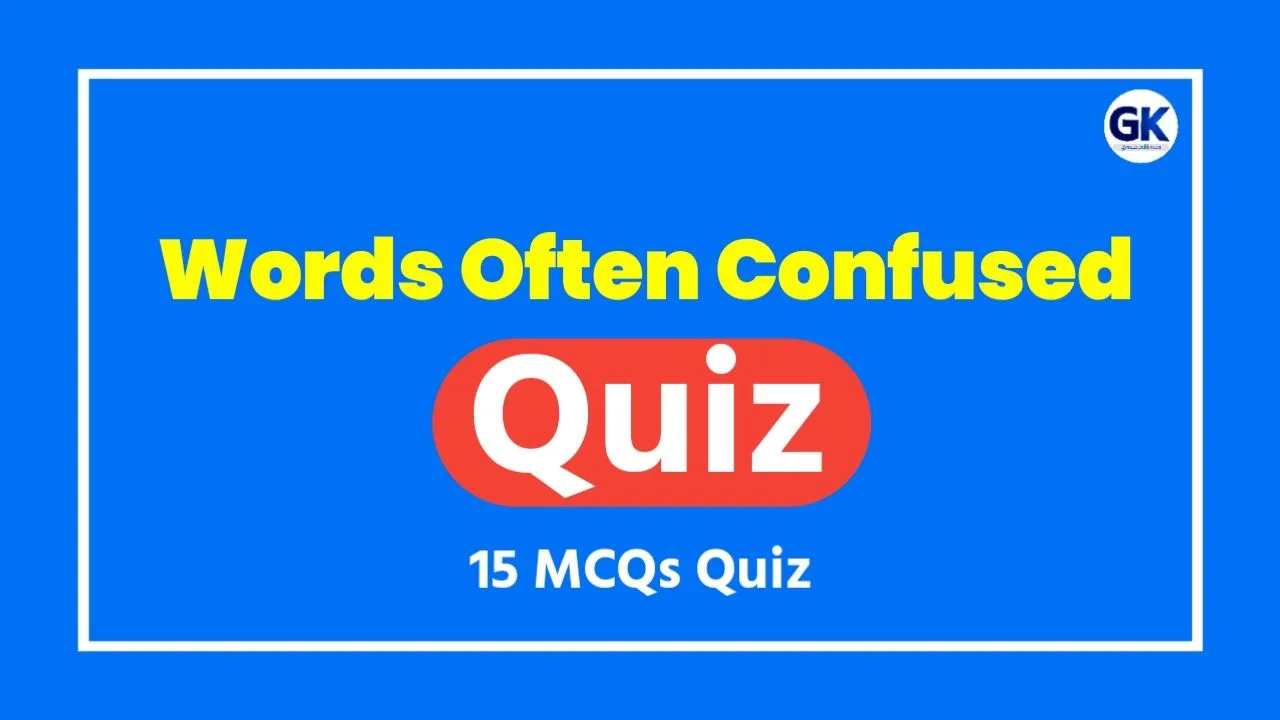
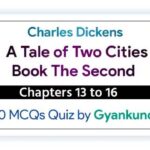
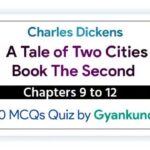




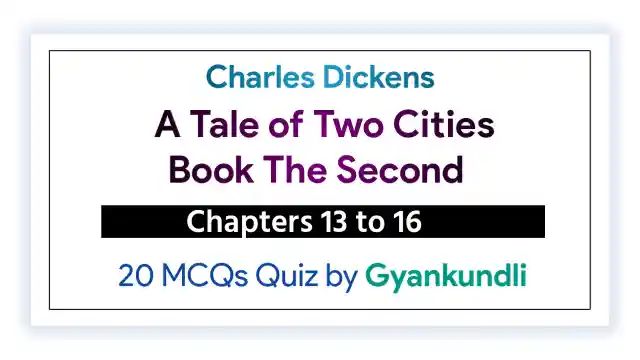
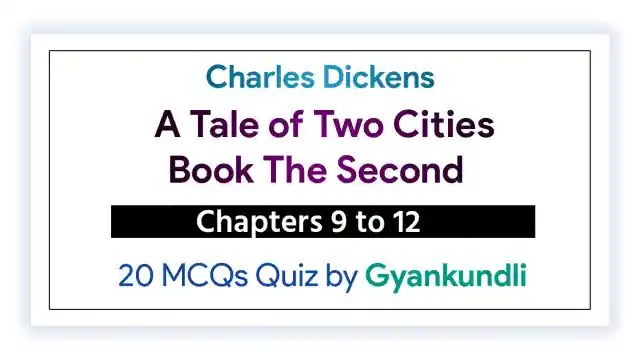
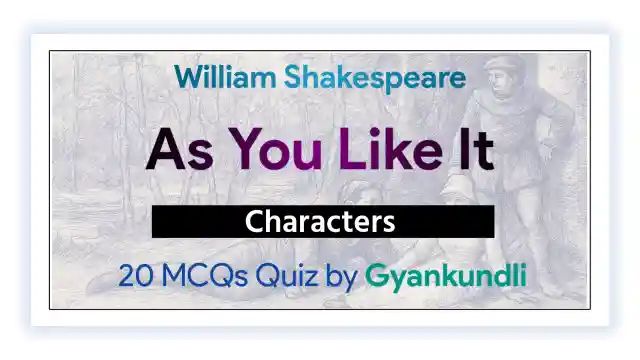
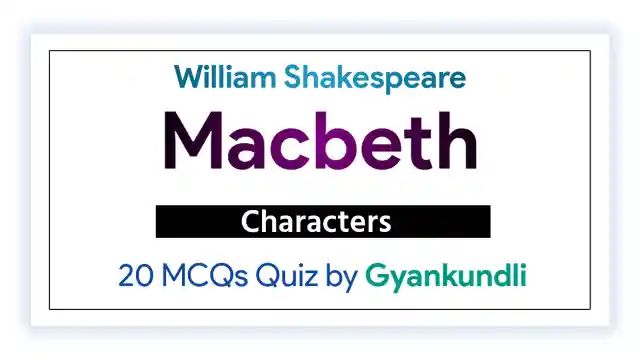
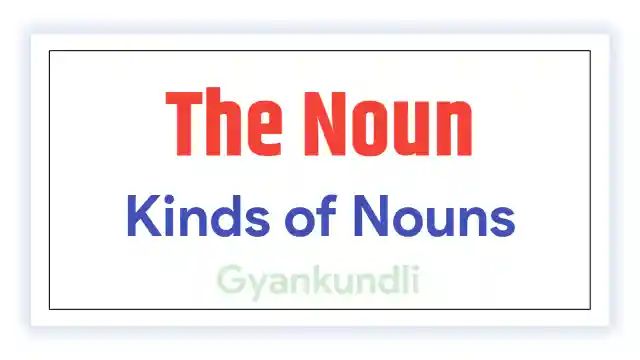

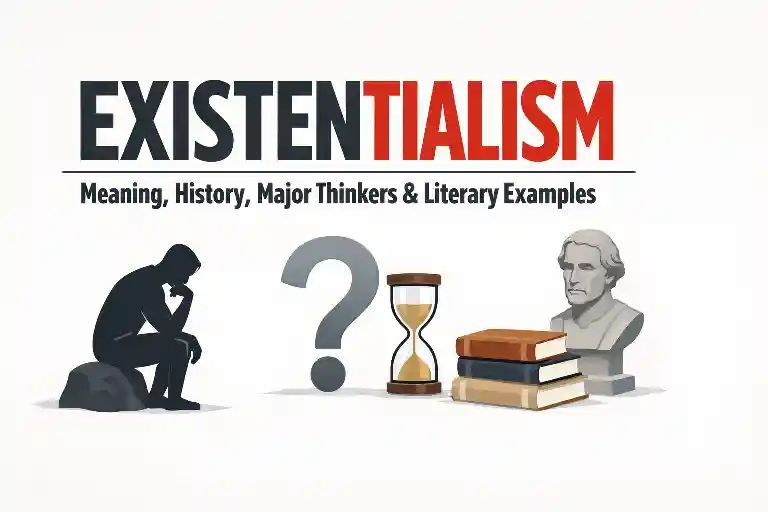

1 thought on “Words Often Confused Quiz : 20 MCQs”